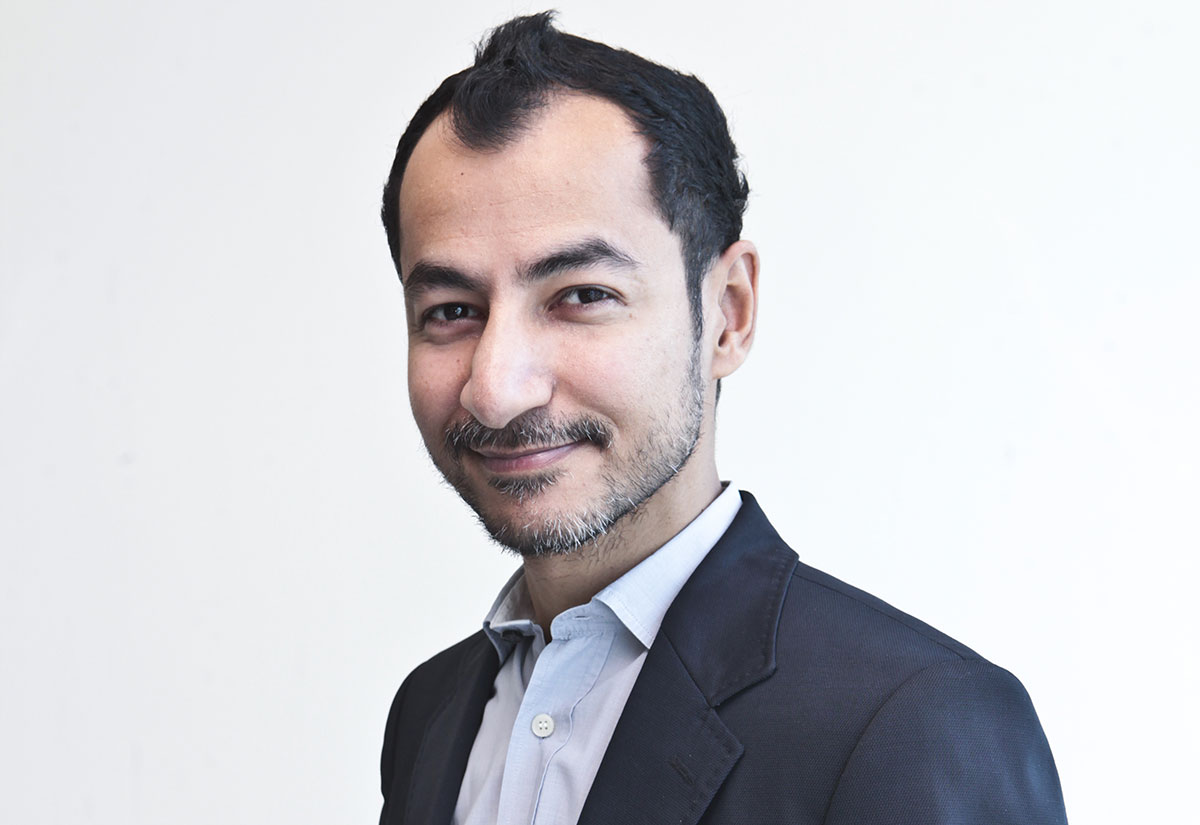In a city where luxury bags go out of fashion almost as fast as designers can make them, consumers in Dubai are buying more high-end products than they want to keep, according to the CEO a of pre-owned designer retailer.
Dubai-based The Luxury Closet, which allows users to sell and buy authentic, ‘pre-loved’ goods online and in store, ships worldwide and has an estimated 20,000 stock base, adding products worth over $5 million on a monthly basis.
Its collections, which offer discounts of up to 70%, range from a $42,535 18k Rolex Day-Date wristwatch to a $100 Yves Saint Laurent shoulder bag. It even allows customers to buy in instalment plans.
Speaking to Arabian Business, Kunal Kapoor, CEO of The Luxury Closet, said a high personal spend on luxury fashion in the region – particularly Dubai – has resulted in an oversupply of unwanted high end products by industry pioneers – ranging from Chanel to Louis Vuitton and Cartier, which do not offer discounts.
“The willingness to sell preowned discounted luxury products [in the region] is very high. In the past few years, we realised that not only is there demand [for preowned and discounted luxury items] but that the supply opportunity locally is way more than the demand.
“This is because it’s the highest spend on luxury, which means people have more items. The average value of a closet is a lot higher. The GCC has the second highest average value of a closet in the world after Italy,” he said.

He added that the supply is so great it can “cover demand not just in the Gulf but also internationally.”
The start up this week achieved $8.7 million in funding in a round led by Middle East Venture Partners. The capital will be used to build the “largest community of sellers in the region” then internationally, Kapoor said.
While luxury brands build products that can last for up to 20 years, Gulf customers continue to buy new designs often, he said, building a portfolio of products, clothes and bags that end up sitting – unused – in closets.
“These products are made with so much care, with the best material and craftsmanship in the world. They’re not meant to last one year. You build products that are meant to last 20, 30 years but clients are buying more products because they want to own more of them,” said Kapoor, who used to work as a retail sales manager at Louis Vuitton in Mall of the Emirates.

“On the opposite side, you see people who have never bought Louis Vuitton, who dream about buying one product… I clearly saw a huge pain point… And prices go up here. If you look at Chanel prices, on average they increase about 5% year on year. The value keeps on going up on these items. And we need realistic [prices] right? So there was really something missing,” he said.
There is an estimated $500 billion worth of luxury goods sitting in closets globally, according to consulting firm Bain and Company, while analysts predict the MENA luxury market will be worth over $12 billion by 2021. They suggest that the size of the second-hand vertical alone can be upwards of $900 million.

The question that remains is will Dubai become the global hub of discounted luxury? If established luxury companies such as Richemont are expanding in the sector – the owner of Cartier and IWC luxury timepieces bought online pre-owned watch retailer Watchfinder in June – the answer could very well be ‘yes’.









